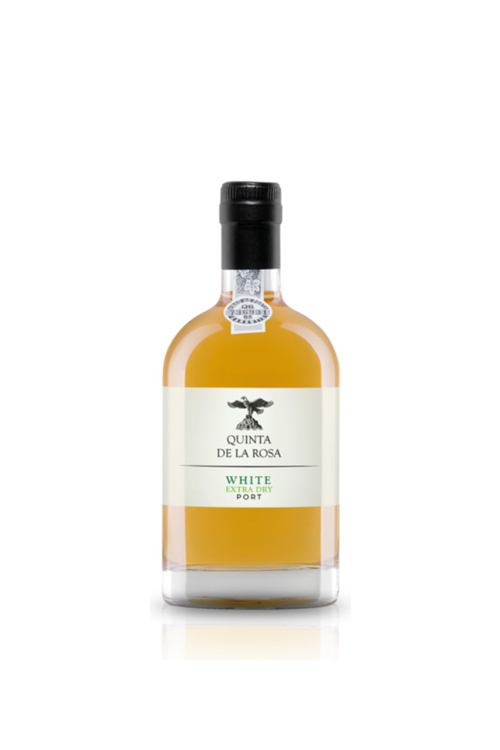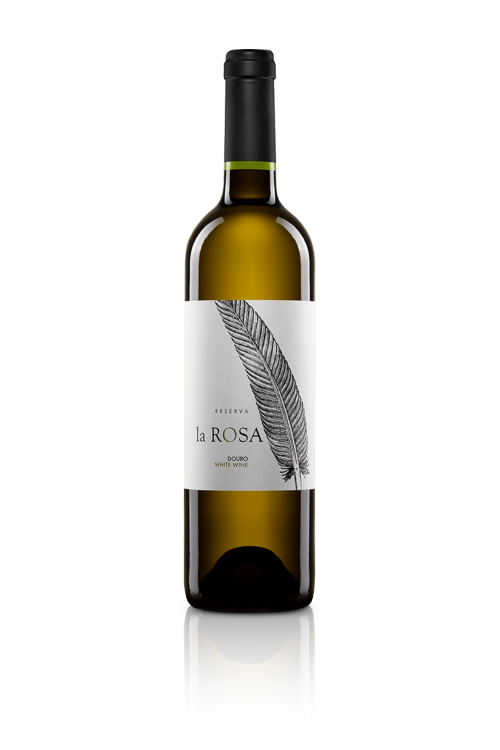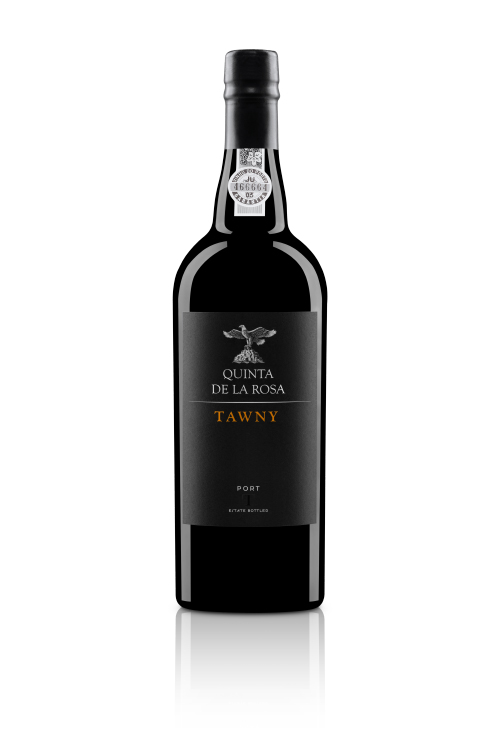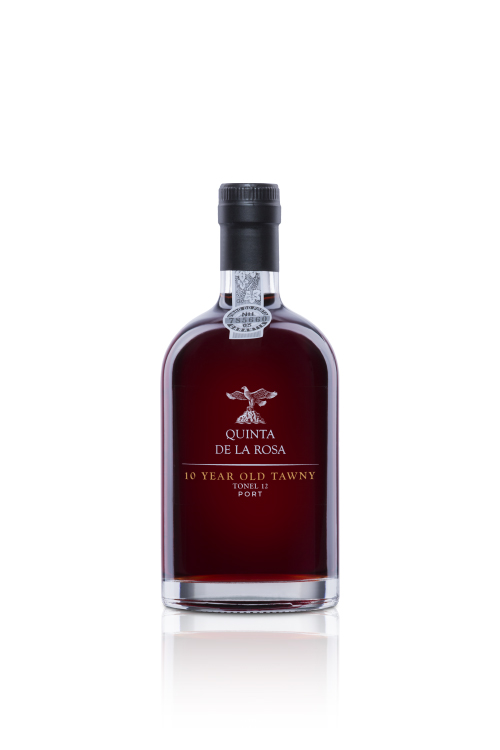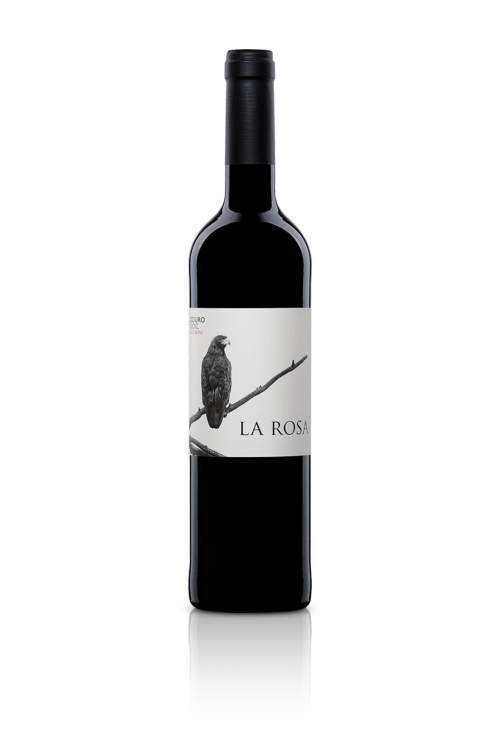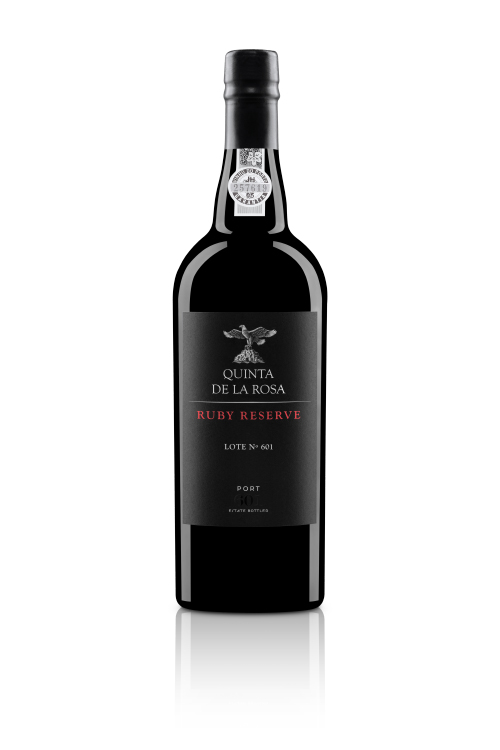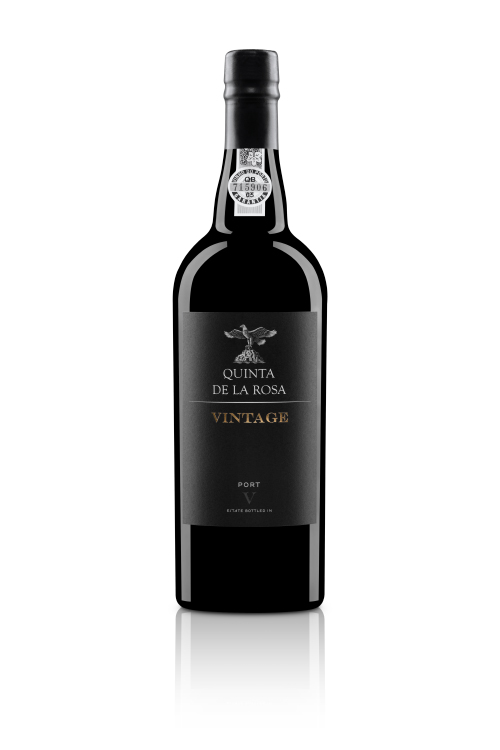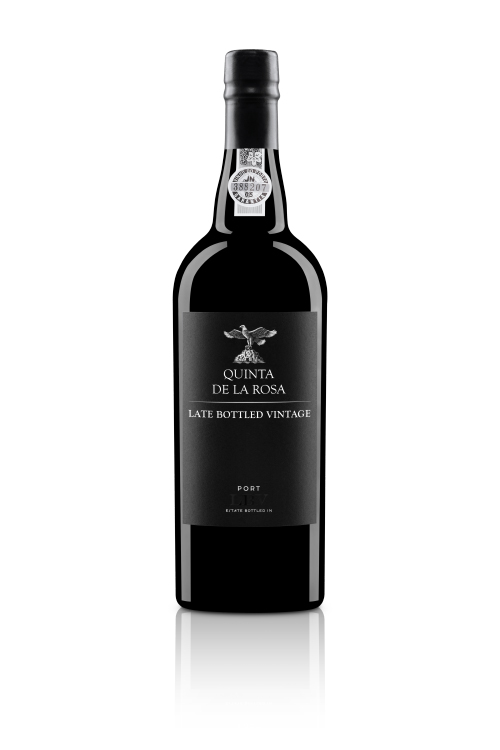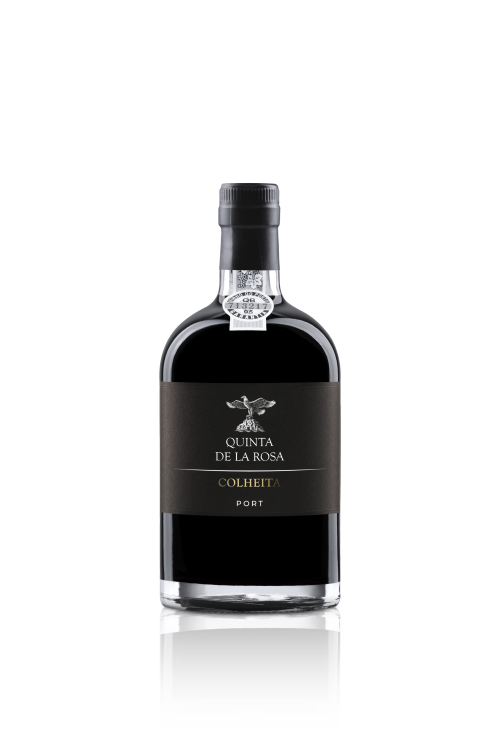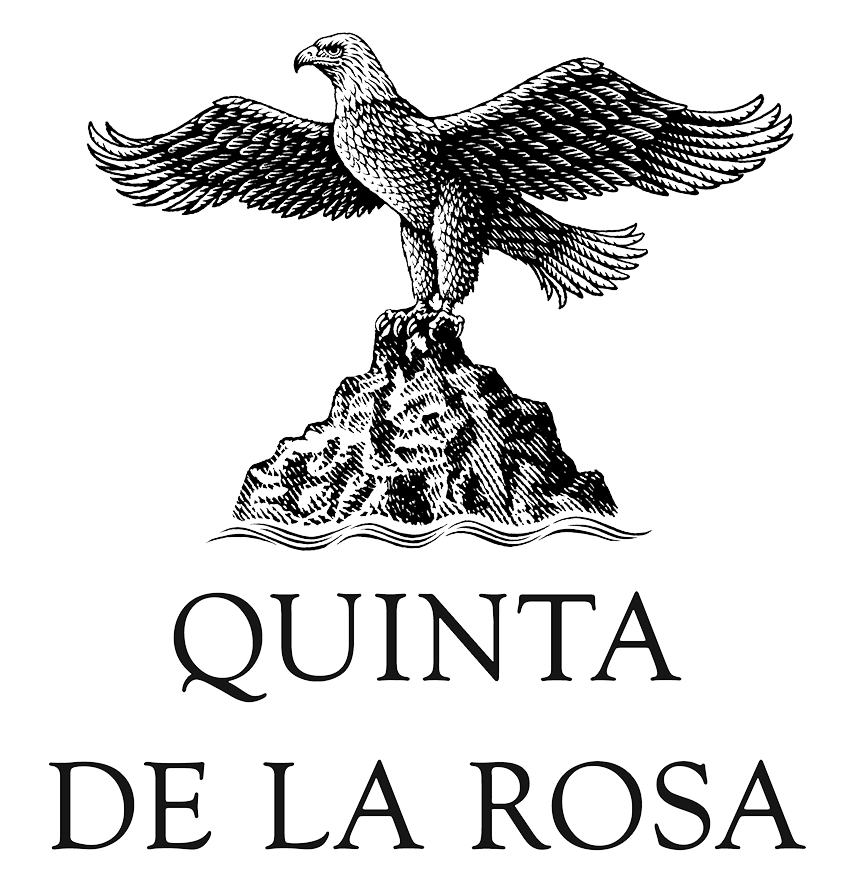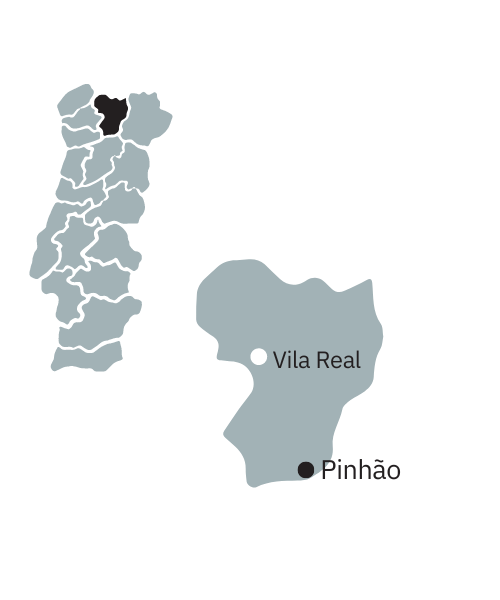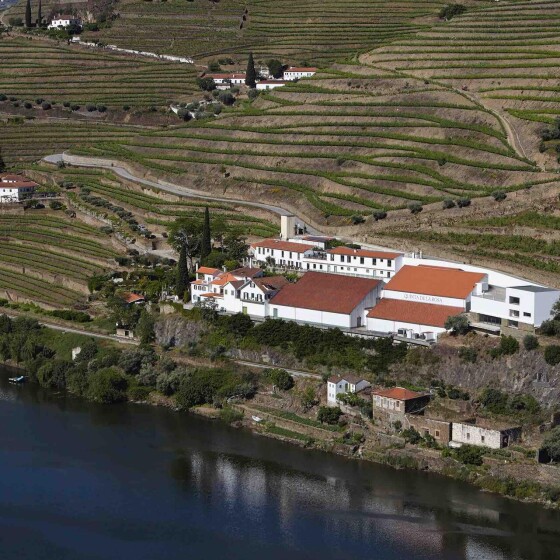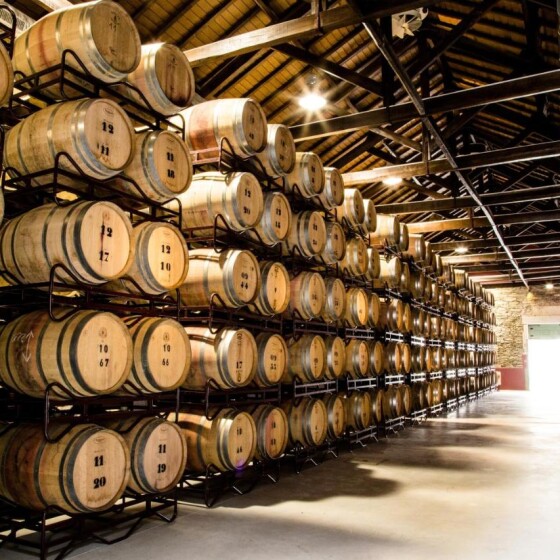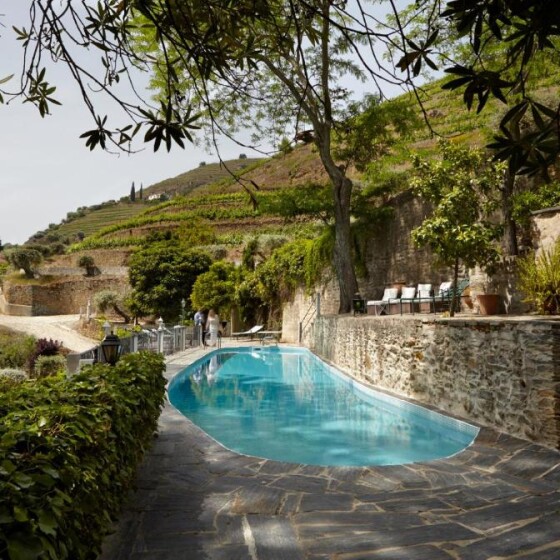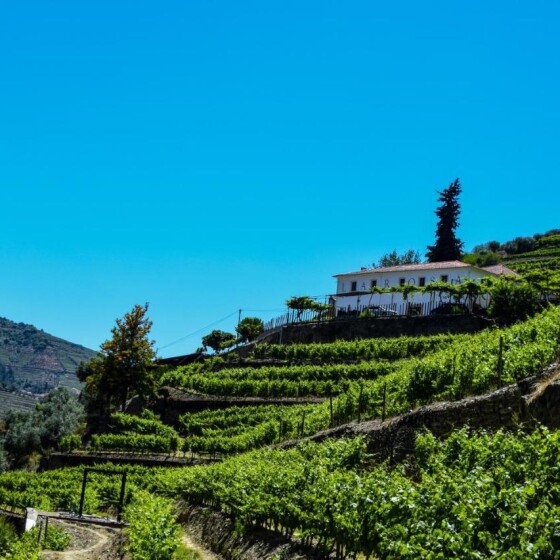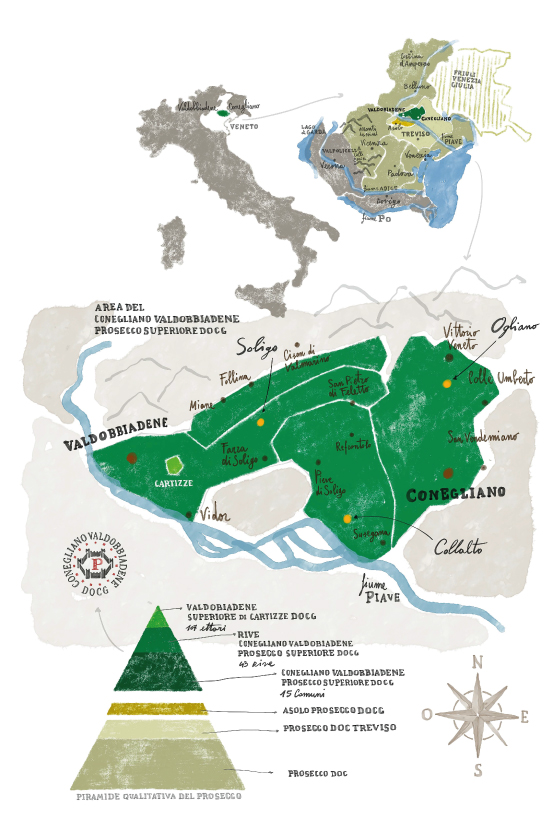THE COMPANY
The Bergqvist family began producing port in 1815, but Quinta de la Rosa was purchased only in 1906 as a gift for Claire Feuerheerd, the grandmother of Sophia Bergqvist, the current company manager. The Feuerheerd company was sold during the Thirties, but La Rosa remained in the hands of Claire until 1988, when Sophia and her father Tim decided together to relaunch Quinta de la Rosa. Since the early 1990s, the Bergqvist family has been among the pioneers in the production of red and white wines (in addition to Ports). In 2002 the company was invited to take part in the Jorge Moreira project; Jorge is a young and talented oenologist who is leading the Quinta wines towards a rich and extremely fruity style, in respect of tradition. All this is possible because Quinta de la Rosa, different from the majority of port companies, carries out the whole production cycle in Pinhão, the company headquarters. The 55 hectares, all with Category A classification, are planted with Touriga Nacional, Touriga Franca, Tinta Roriz and Tinta Cão grapes, which are used to make Quinta de la Rosa ports, great ambassadors of Douro wines.
